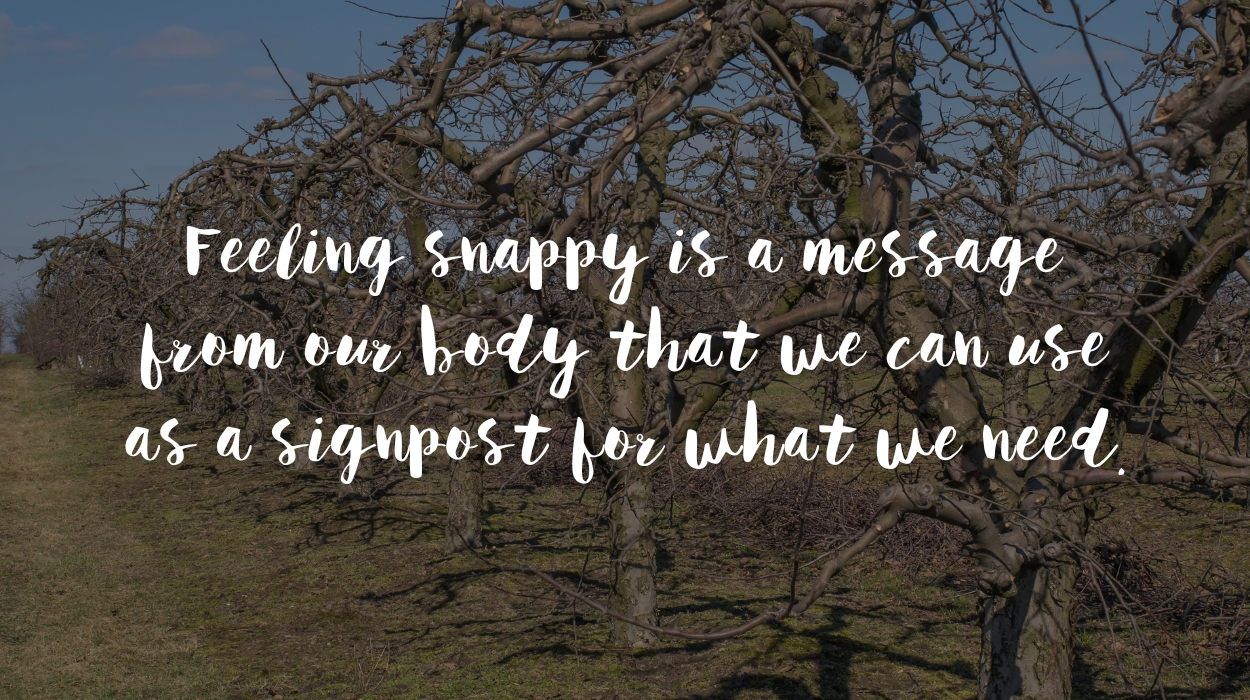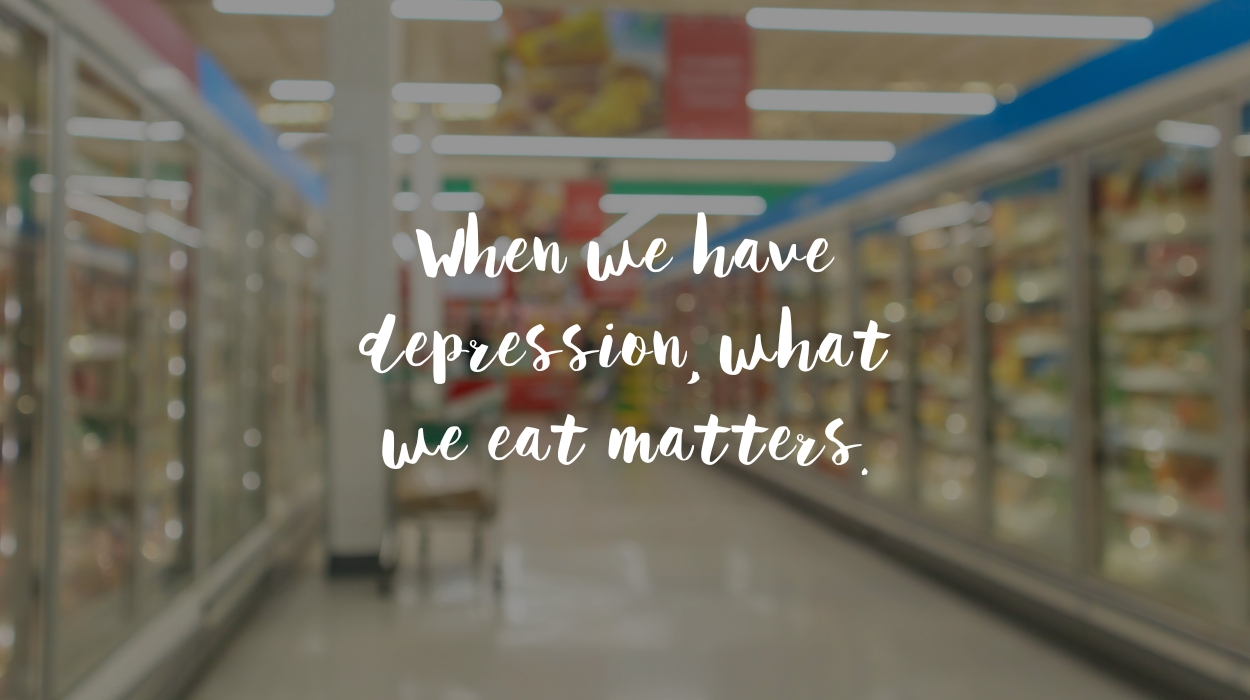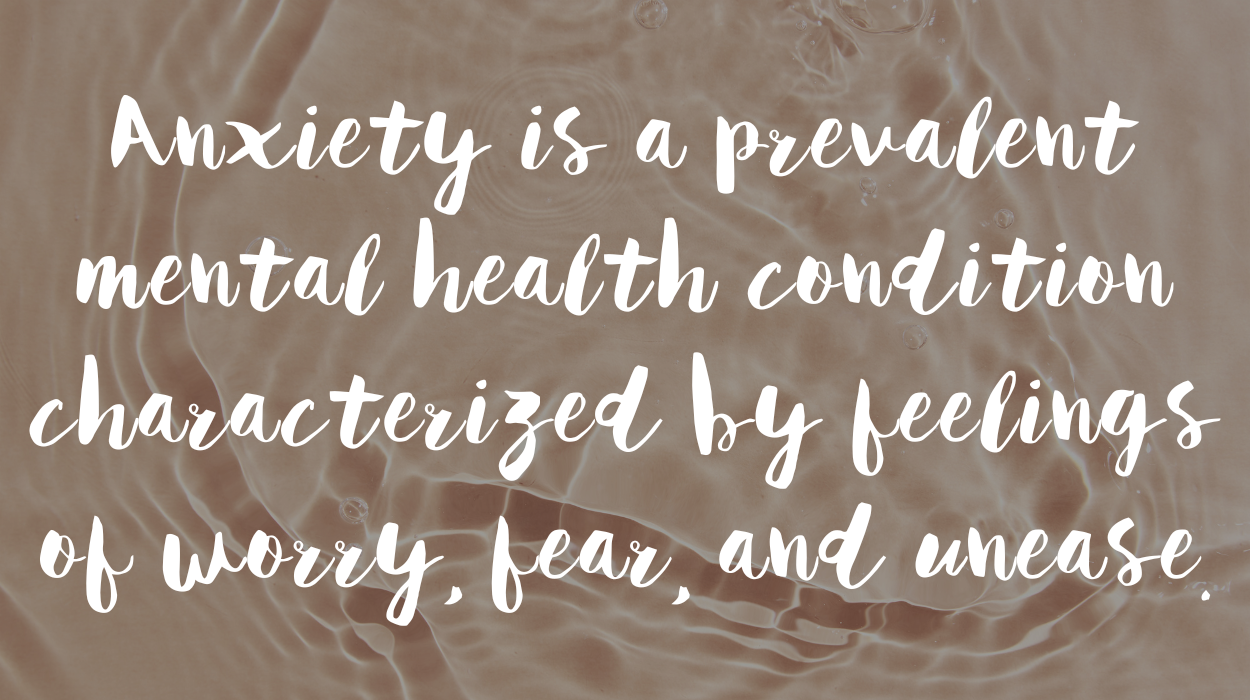Why Do I Snap So Easily And How To Deal With It?
Depression often pushes us to our limit. One moment we can feel like we are coping and then the next, we’re hit by a wave of frustration that just feels too much to handle. Even when we try our best to keep calm, our patience goes, and we snap or…
How we can help
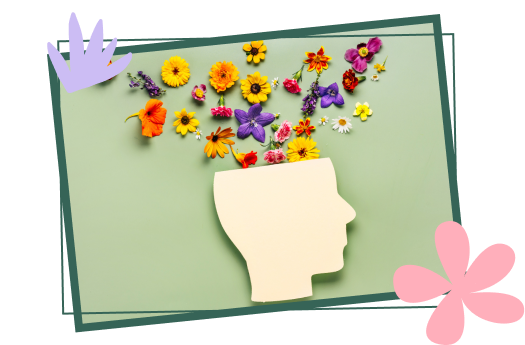
Resources
Being diagnosed can be overwhelming – there’s a lot to learn and plenty of prejudice to battle. Telling people is tough, and not everyone will understand.
We’ve compiled a library of resources to help you understand depression and what it means for you.
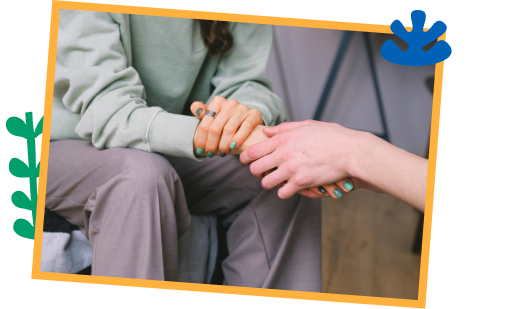
Increase Understanding
We blog about living with, managing, and supporting others with depression in a friendly, accessible way. Our resources explain key issues clearly – we don’t believe in complicating things unnecessarily. Plus everything we do comes with a heavy dollop of empathy.
Latest news
Why Do I Snap So Easily And How To Deal With It?
Depression often pushes us to our limit. One moment we can feel…
Read m... Read moreGood Foods For Depression: The Ultimate Guide
What we eat plays a much bigger role in our overall well-being…
Read m... Read moreDepression Decoded: Unveiling Symptoms And Effective Solutions
In a world where mental health struggles often remain invisible, depression stands…
Read m... Read moreWhat Anxiety Feels Like: Practical Strategies For Managing Anxiety
Anxiety is a prevalent mental health condition characterized by feelings of worry,…
Read m... Read more


